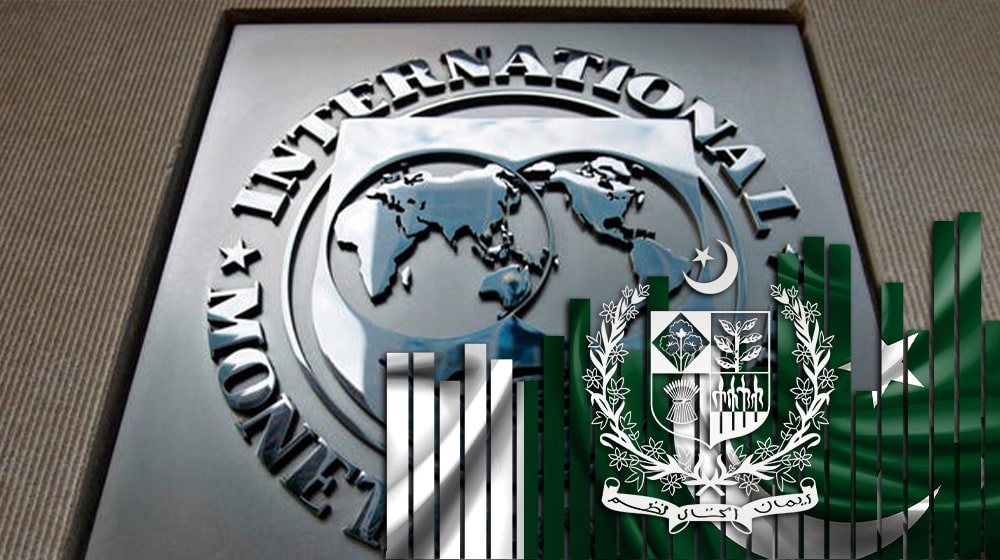ISLAMABAD: The International Monetary Fund (IMF) has presented a new set of recommendations to Pakistan, focusing on accurate data use in budget preparation, expansion of the tax net, and stricter audits of supplementary grants.
The proposals were communicated during the ongoing technical-level discussions between the IMF delegation and Pakistani officials in Islamabad. The IMF’s technical team stressed that credible and comprehensive data must guide the formulation of the next federal budget.
The delegation also mentioned the need to significantly broaden the tax base and ensure that supplementary grants undergo transparent auditing procedures. Furthermore, the IMF is expected to release a detailed technical report on Pakistan’s budget processes in January.
However, preliminary findings shared with the government reveal concerns about extensive revenue losses caused by tax evasion and systemic weaknesses.
The report underlines that corruption, tax evasion, concealment of actual income, and complex tax regulations remain major barriers to achieving higher revenue collection.
It further notes that Pakistan’s registered taxpayer base is far smaller than official estimates, with only about five million active taxpayers. The IMF has urged Pakistan to increase the number of registered taxpayers to at least 15 million.
It has also recommended strict measures to curb the use of fake invoices, prevent fraudulent refunds, and withdraw tax exemptions or special incentives granted to various sectors.
The IMF estimates that tax evasion alone contributes to a budget deficit of 3.4 trillion rupees, equivalent to 3.9 percent of GDP.
It also notes that the issuance of numerous Statutory Regulatory Orders (SROs), including 168 in 2024, has made the tax system increasingly complicated.
The report warns that the expanding informal economy, weak internal controls, limited accountability within the Federal Board of Revenue (FBR), and minimal prosecution in corruption cases continue to strain national finances.





